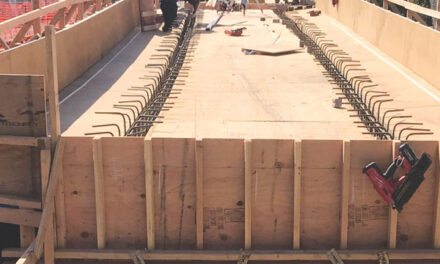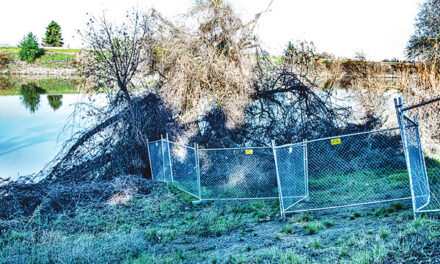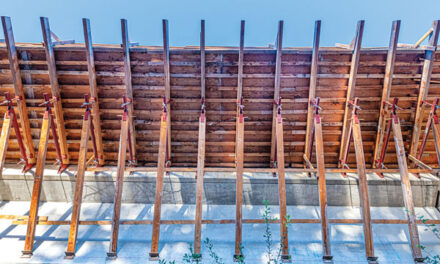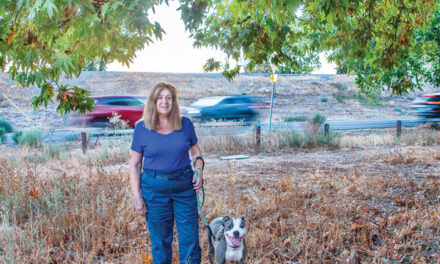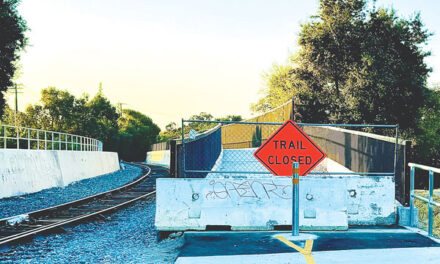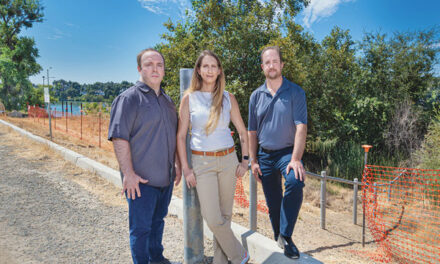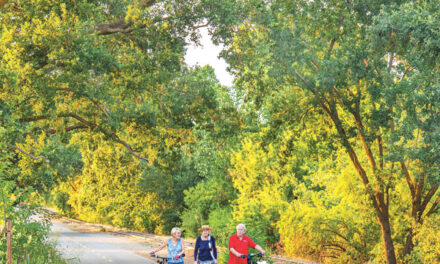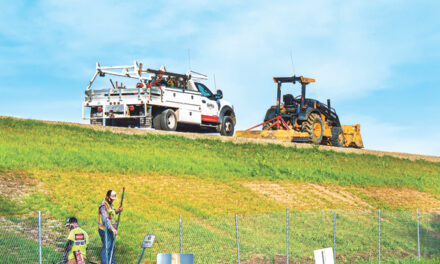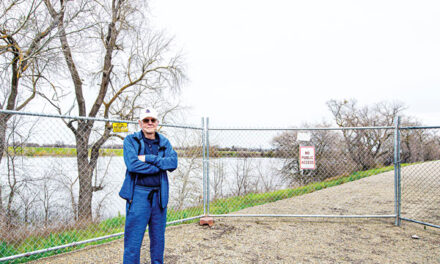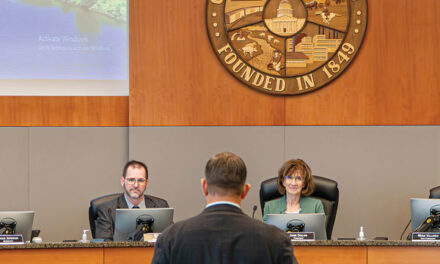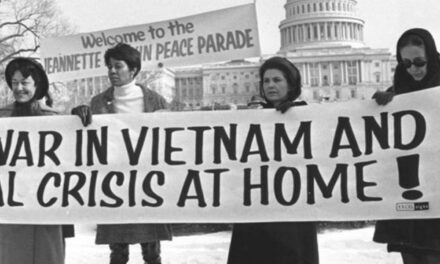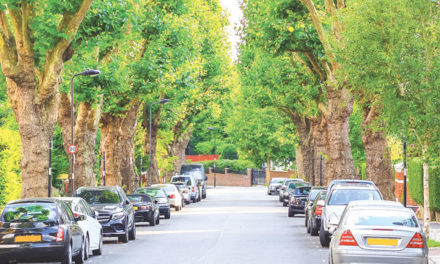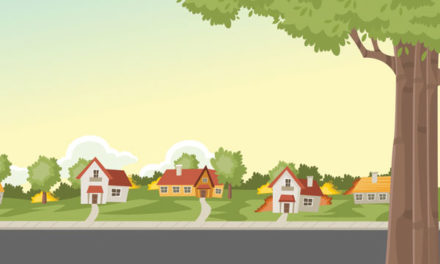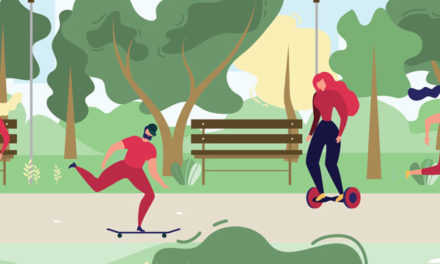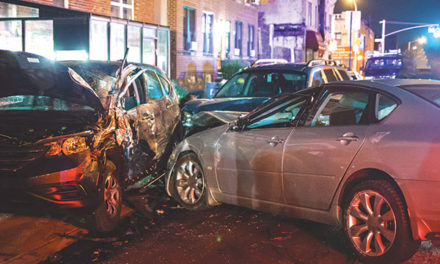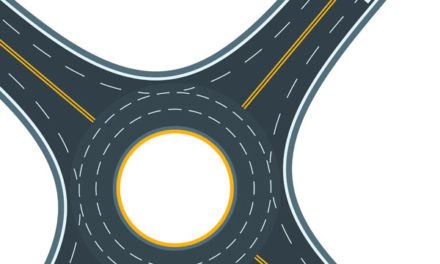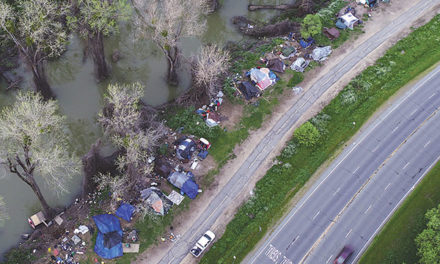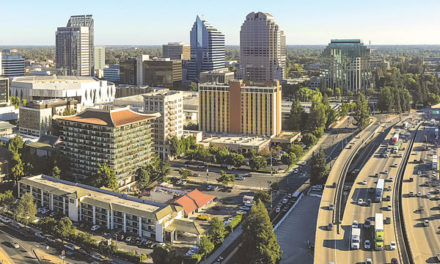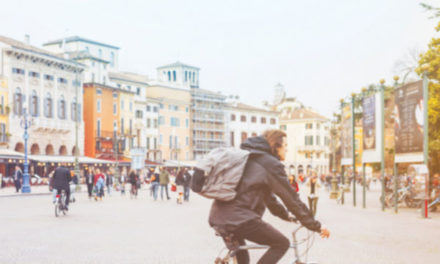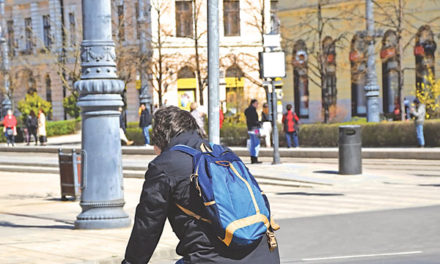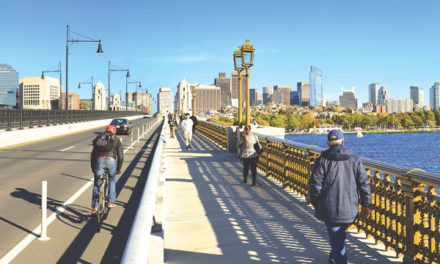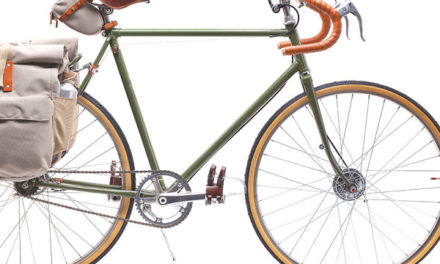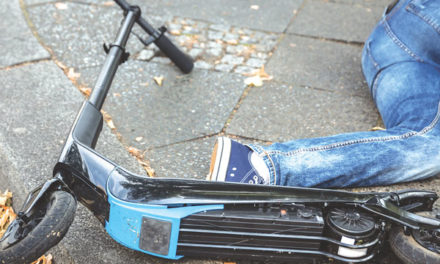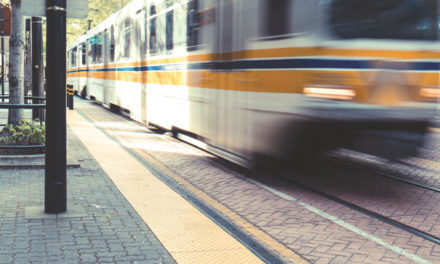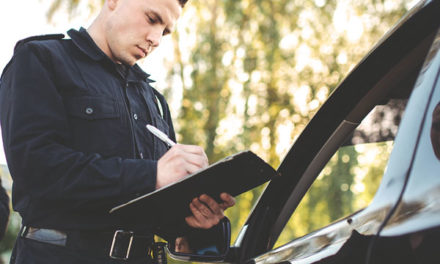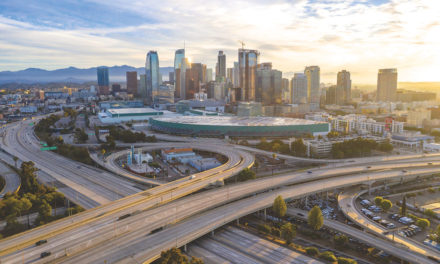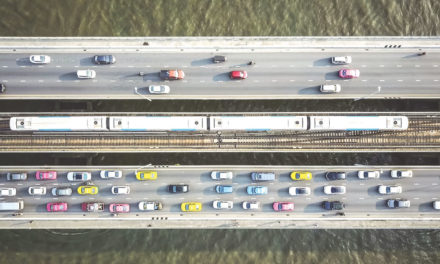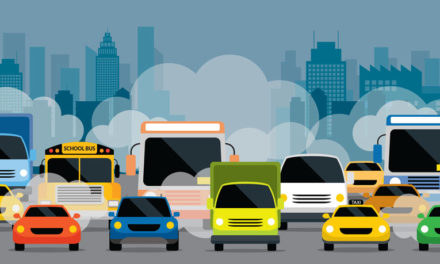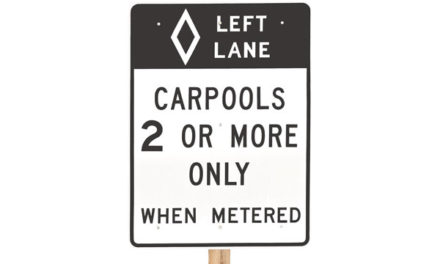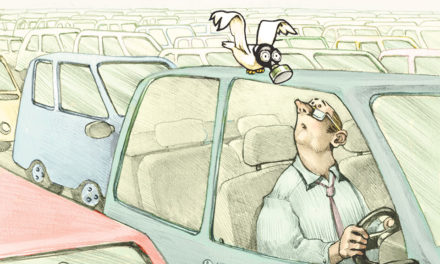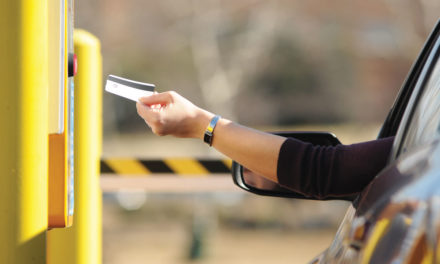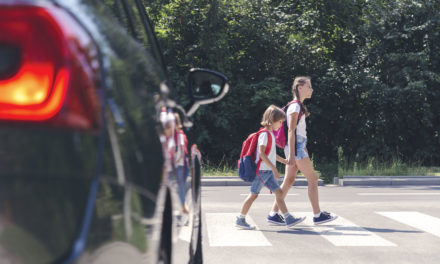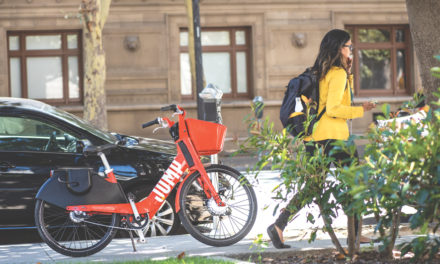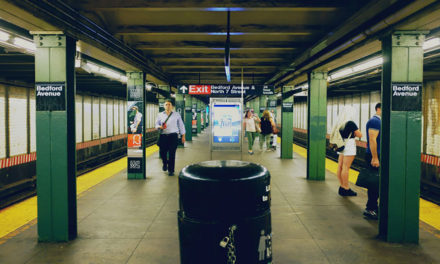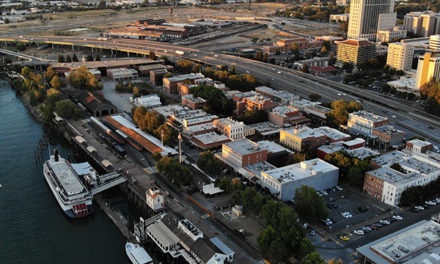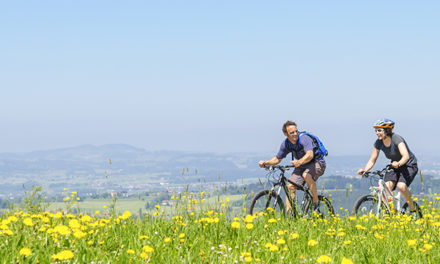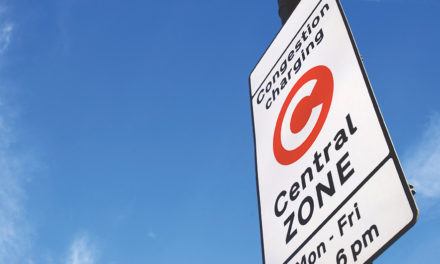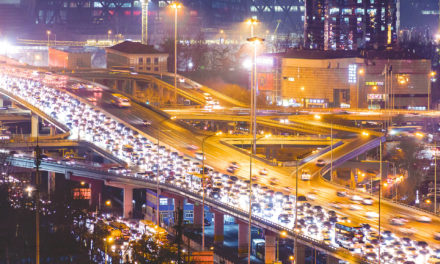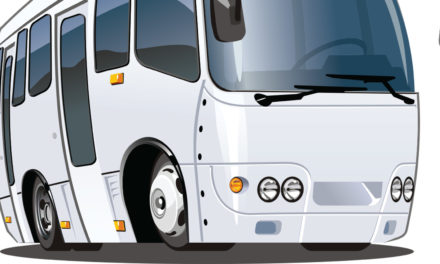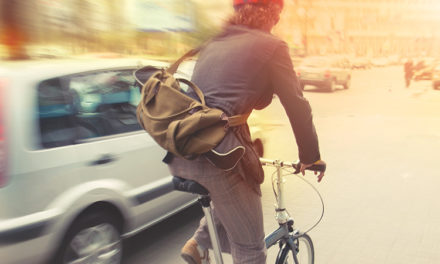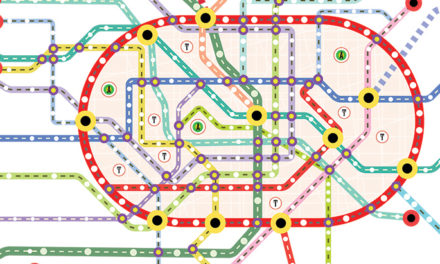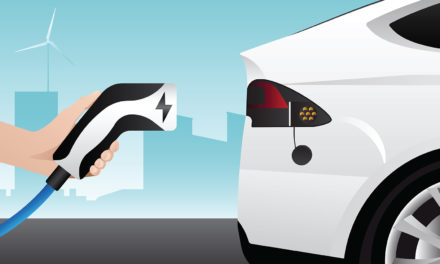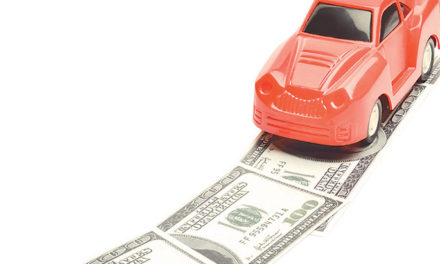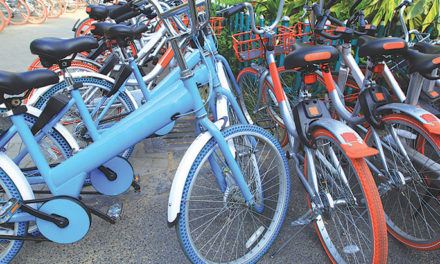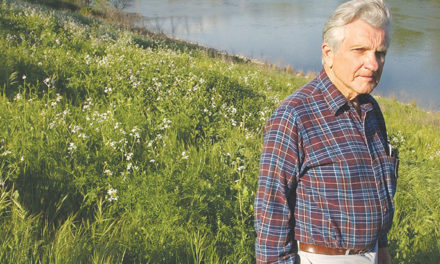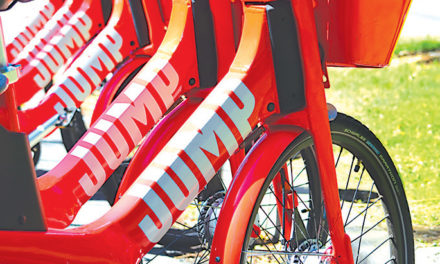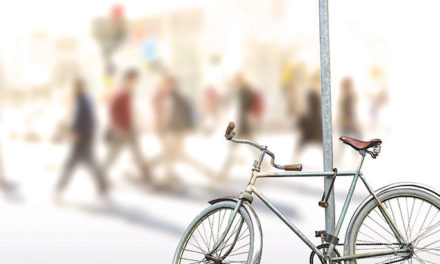The biggest transportation issue on the November ballot is Proposition 6, repeal of the new California fuel taxes. The transportation-funding mechanism put in place by Senate Bill 1 last year has already started pumping big dollars into the state’s beleaguered road system, focused mostly on repairing accumulated and inevitable wear and tear.
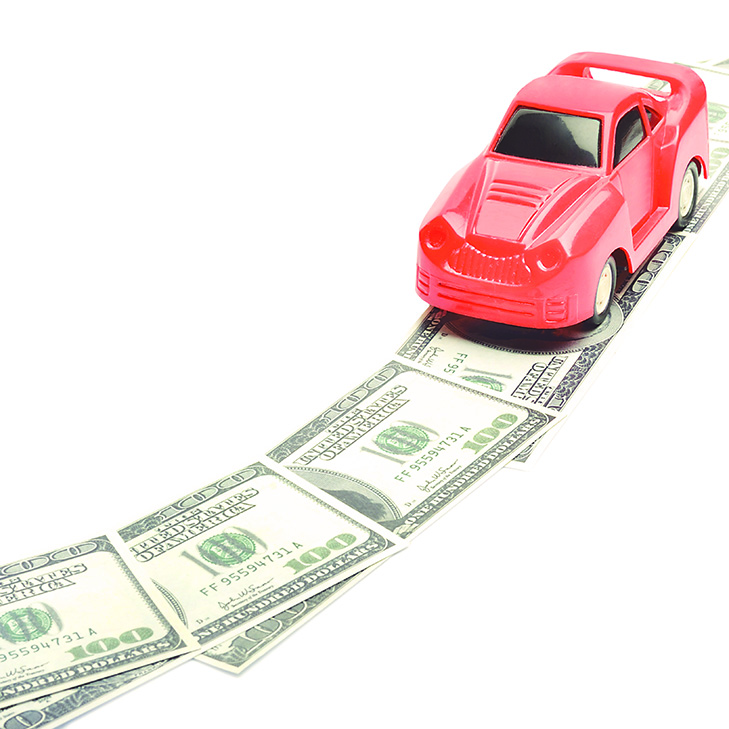
Transportation infrastructure is vital for a vibrant economy and public safety. The state has many potholed streets and, more worryingly, many structurally deficient bridges. Locally, potholes on Interstate 5 damage cars. The collapse of a bridge in Genoa, Italy, where 43 people lost their lives in August, is a tragic reminder of what can happen if maintenance is constantly deferred and left for another day.
Proponents of Proposition 6 say the fuel tax is unnecessary. Caltrans can just tighten its belt and squeeze billions of dollars for transportation out of its existing budget. Or maybe the federal government, instead of the state’s drivers, can pick up the tab and shovel lots more money into California’s infrastructure.
But you can’t get blood from a turnip, water from a dry well or whatever other metaphor you want to use for lack of money. The fact remains that road-maintenance backlogs in the state and California’s cities and counties are immense. It’s magical thinking to believe the huge maintenance backlog can be eradicated, based on the same inadequate budget that allowed needs to go unmet for so long in the first place.
California’s gas taxes didn’t increase for decades. At the same time, gas mileage in cars improved substantially and a sprinkling of electric cars joined the automotive fleet. Those factors meant less gas-tax revenue was available for every mile driven. Construction and maintenance costs grew at a faster pace than inflation, while the gas tax was a fixed amount per gallon. Costs went up. Revenues went down. No amount of belt tightening can reverse reality.
One assertion by tax-repeal advocates is that more money should come from the feds. That’s both true and the height of cynicism at the same time. Federal gas taxes have not increased since 1993. They were never indexed for inflation. The Highway Trust Fund, which is supposed to be self-sustaining, has been running on fumes. It has required rescue with general revenues several times.
How can the same people who never saw a federal program they liked now argue for a federal bailout from an empty bucket? California rightfully acted when it had to.
People can and should argue about how transportation dollars are spent. I would certainly like to see more money spent on cost-effective, healthy bicycling. But to pretend that more transportation money isn’t needed is utterly irresponsible.
HOW COSTCO BROKE ITS PROMISE
Earlier this year I wrote about biking to the Expo Parkway Costco and being unable to find a bike rack to lock my bike. After I wrote about that experience, it occurred to me that Sacramento has long had standards for customer, visitor and employee bike parking at new developments.
I sent an inquiry to the city to see if Costco had met those requirements. City enforcement responded quickly with a check of the development conditions when Costco was built. They conducted a site visit to see whether Costco had complied.
It turns out Costco failed to live up to its obligations. Back in 1999, it promised to provide spaces for 22 bikes, including 11 specially secured spots in bike lockers or an inside space that could be used for “long term” parking needed by employees.
The city’s site inspection determined Costco had a bike rack for only six bikes. I was very surprised to learn Costco had a bike rack at all, since I was unable to find it.
On a subsequent trip, I discovered the bike rack was actually being used as part of the back wall for the shopping cart pen. It was unidentifiable as a bike rack and functionally useless. The massive Costco shopping carts blocked the way.
The good news is that Costco has proposed a fix, albeit 19 years after its initial commitment. By the time you read this, new bike parking should be in place at Expo Parkway.
It does make you wonder, though, how many other new developments have failed to follow through on their promises for bike parking and other needs. For bike riders who can’t find bike parking, it may pay to ask.
Walt Seifert is executive director of Sacramento Trailnet, an organization devoted to promoting greenways with paved trails. Seifert can be reached at bikeguy@surewest.net.



